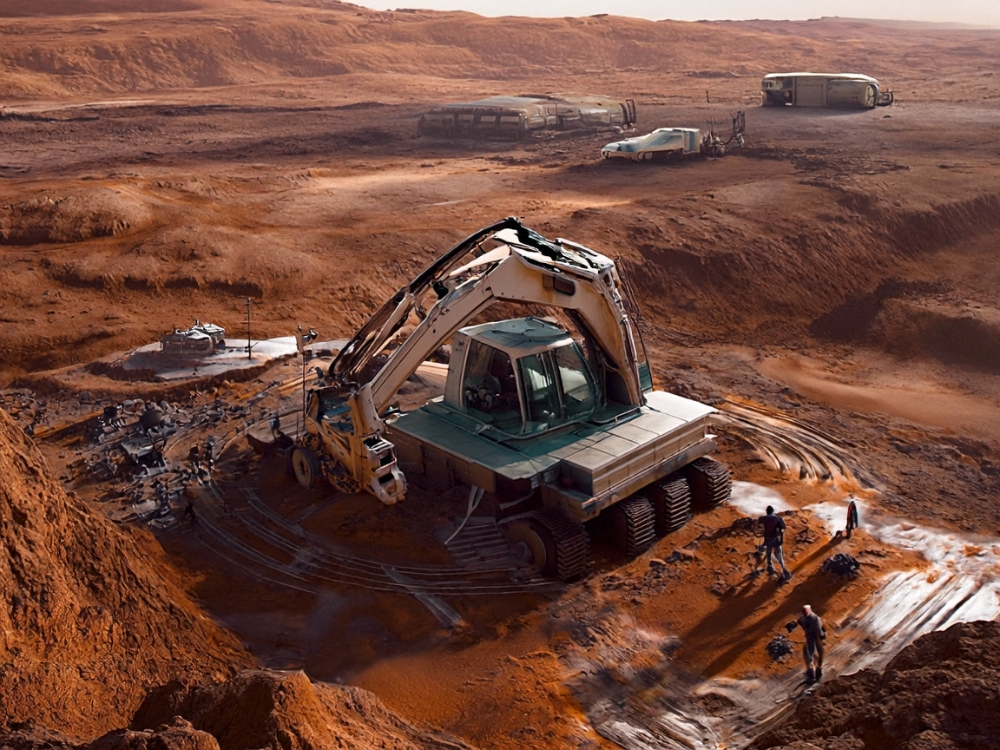Recommend Products
-
$62,000$66,000
-
$65,000$69,000
-
$17,000$19,000
-
$20,500$21,500
When purchasing a used excavator, buyers can go through local dealers or second-hand excavator vendors in their city. However, many prefer to buy through online platforms, where they can compare prices and access a wide range of information about various machines. While the internet offers a convenient way to gather knowledge, it also exposes buyers to potential misinformation, and some defective machines may be listed at very low prices. These attract buyers due to their affordability—who doesn't love a cheap excavator? To avoid costly mistakes, it's important to master some key tips and be aware of common traps. Here are some practical suggestions to help you make an informed decision, with Tiedou guiding you through the process:

Essential Tips You Should Know
Determine Your Needs Before making a purchase, clearly define the type, size, and functionality of the excavator you need. For instance, consider the scope of work, soil type, and the specific tasks you plan to undertake with the machine.
Research the Market Study market prices and performance across different brands. Visit multiple online platforms (such as Mascus, Equipment Trader, etc.) to compare prices of various models and brands. This will help you get a fair sense of market value.
Check the Equipment’s History Always request to see the machine’s maintenance records, accident history, and operating hours. Ensure the equipment has a clean history to avoid purchasing a machine that has suffered major damage.
Conduct an On-Site Inspection Whenever possible, inspect the equipment in person. Pay close attention to critical components such as the engine, hydraulic system, tracks, and bucket. Look for signs of wear and damage to ensure the machine is in good condition.
Assess the Machine’s Operational Status Observe the excavator in action. Evaluate the noise levels, vibration, and how smoothly it operates. Request a trial run to get a better sense of its performance firsthand.
Consult a Professional If you are not familiar with the technical aspects of the equipment, consider hiring a professional mechanic to evaluate it for you. They can help identify any hidden issues and save you from future repair costs.

Common Pitfalls to Avoid
Ignoring Warranty and After-Sales Support When making a purchase, ensure you fully understand the warranty terms and after-sales support. Some sellers might not offer any warranty or support, which could lead to unexpected expenses down the road.
Focusing Too Much on Price While it's tempting to go for the cheapest option, focusing solely on price can lead to overlooking the machine's quality and performance. Aim for a balance between cost and functionality to get the best value.
Failing to Do Your Homework Lack of knowledge about the brand and model can result in buying a subpar machine. Do thorough research before making a decision to ensure you are getting a reliable piece of equipment.
Blindly Trusting the Seller Don’t rely entirely on the seller's verbal assurances. Request written proof and a detailed history of the equipment to ensure transparency and protect yourself in the transaction.

By following these tips and being mindful of common traps, you can make a well-informed purchase and avoid costly mistakes when buying a used excavator.